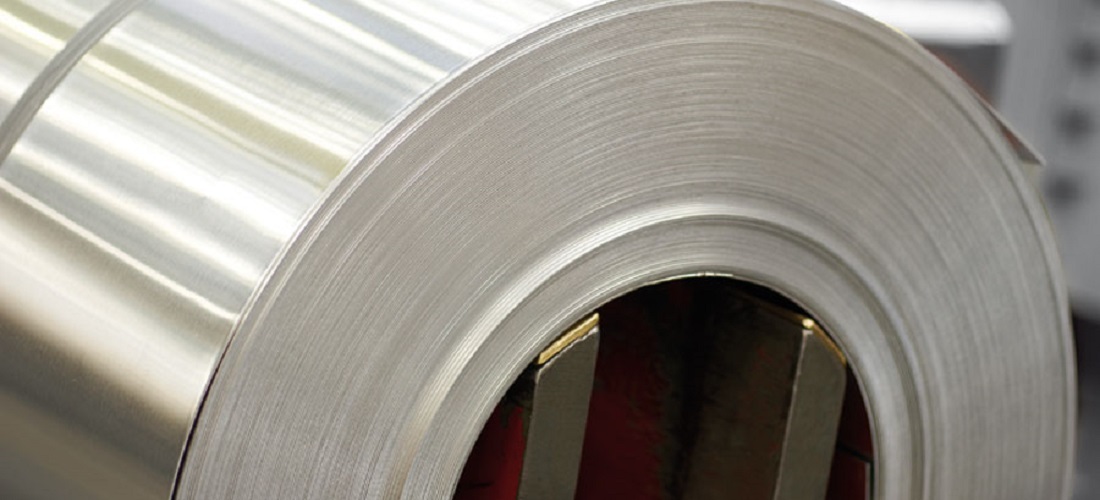
Brazil expected to rank 9th in global aluminum production in 2023
Jul, 17, 2023 Posted by Gabriel MalheirosWeek 202329
Brazil is expected to rank ninth in global aluminum production in 2023, up from 12th in 2022. This is due primarily to the restart of operations at the Alumar consortium in Maranhão, which had been suspended in 2015.
As a result, Brazil will surpass the United States, Malaysia, and Saudi Arabia in terms of production. In the future, it may even take the 8th place, which is currently Norway, a country that produces 1.4 million tonnes of the primary metal per year. The global leader, by far, is China, with 40 million tonnes of aluminum produced in 2022, according to the annual report of the Brazilian Aluminum Association (Abal), which was just published.
In 2022, metal companies in Brazil produced 811,000 tonnes, up 5.1% from the previous year, reflecting the restart of production at Alumar. This performance put Brazil back in the position of self-sufficiency in the product to supply the segment of transformed aluminum products.
See below the Brazilian record of exports of aluminum and articles thereof (HS code 76) shipped in containers between Jan 2019 and May 2023, according to the DataLiner maritime intelligence service.
Exports of aluminum and articles thereof | Jan 2019 – May 2023 | TEU
Source: DataLiner (click here to request a demo)
The Alumar consortium, which is based in São Luis, Maranhão, and is run by the US company Alcoa and the Australian company South32, is anticipated to reach its total yearly capacity of 447,000 tonnes in 2023. The consortium produced 59,600 tonnes in its first year of operations following the gradual reactivation of the furnaces (2022), with 35,700 tonnes coming from Alcoa (which owns 60% of the unit) and 23,900 tonnes coming from the Australian company.
“Brazil has the advantage of having an integrated industry, ranging from bauxite (aluminum ore) to the manufactured product, plus the contribution of 59% recycled metal in the supply of raw materials to the transformers,” said Janana Donas, CEO of Abal.
Despite a 3.6% decline in the consumption of aluminum products, the association believes that the Brazilian aluminum industry ended 2022 on a positive note. Donas gives the path to regaining self-sufficiency in primary metal, the rise in recycling’s supply participation (to 59.3%), and the first stage of a government-adopted compensatory measure against importing Chinese goods with subsidies as examples. It became effective at the start of this month.
The Abal executive emphasizes that the wager of investor groups in the sector, both domestic and foreign, is maintained. Up until 2025, investments totaling R$ 30 billion are planned and scheduled across several sectors, including bauxite mining.
According to the Abal report, the sector ended last year with revenue of R$ 140 billion, up 14% compared to 2021. The industry’s gross investment rose 58%, totaling R$ 1.9 billion. Total consumption of transformed products reached 1.53 million tonnes, with an average consumption of 7.5 kilograms per capita per year.
-
Ports and Terminals
Jul, 03, 2024
0
Port of Itaqui receives first oil shipment in 40 years
-
Nov, 28, 2018
0
Brazil submits a sanitary plan to the EU for meat and fish exports
-
Economy
Mar, 04, 2024
0
DataLiner: Brazilian imports and exports via containers reveal bustling start-of-year
-
Other Cargo
Sep, 26, 2024
0
Abia: Brazilian Food Exports Hit USD 30.7 bln in 1st Half of the Year



